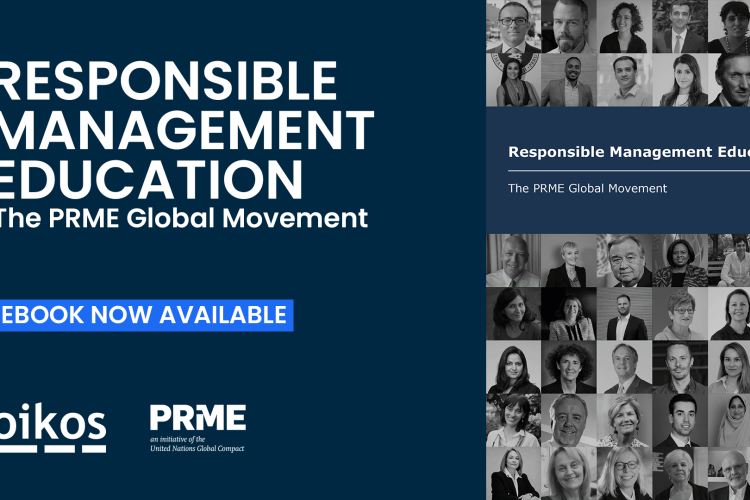Abstract
Founded in 1940, the Rockefeller Brothers Fund (RBF) is a private charitable foundation endowed with John D. Rockefeller’s heritage made in the fossil fuel sector from so called “Big Oil” companies. While it is RBF’s mission to advance social change and to contribute to a more just, sustainable, and peaceful world, in 2014 the fund was still invested in fossil fuels – implying a disconnect between the fund’s investment strategy and the commitment to tackling climate change. Due to this disconnection and the recent emergence of the fossil fuel divestment movement in society, RBF considered withdrawing all funds from fossil fuel investments.
Today, Stephen Heintz, president of RBF, set up a board meeting with all officers and trustees of RBF to discuss and decide whether the fund should fully divest from the fossil fuel industry. Given the (historic) importance of fossil fuel to the Rockefeller fortune, he was faced with a symbolic as well as fateful decision for RBF. This decision process represented a complex and multifaceted challenge: RBF’s moral obligation of preventing climate change and the economic duty as an institutional investor to preserve and increase endowment required balance. Stephen Heintz knew that in order to make a decision he would have to not only use solid financial calculations but also engage in extensive dialogue with all RBF relevant stakeholders.
Working on this case, students will be challenged to analyze investment performance from a financial as well as sustainability perspective, bring together arguments for and against divestment, and align conflicting interests through stakeholder dialogue.
[table id=128 /]




